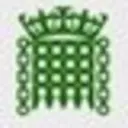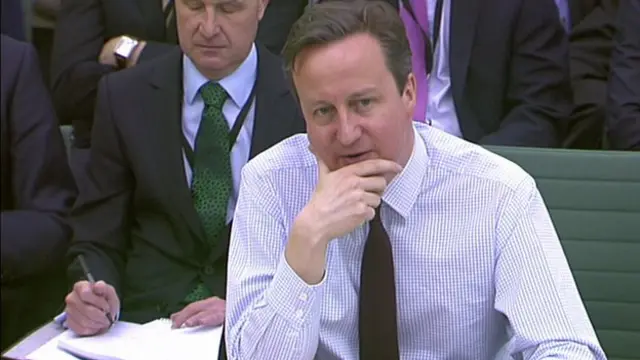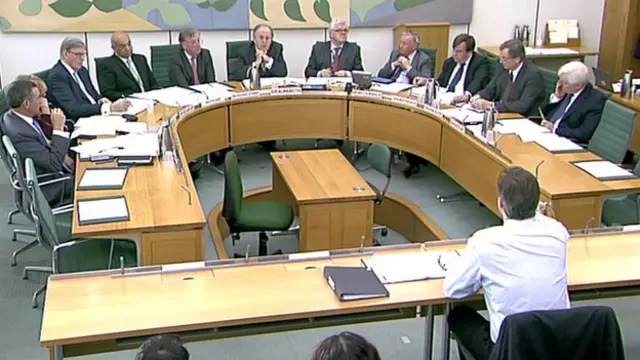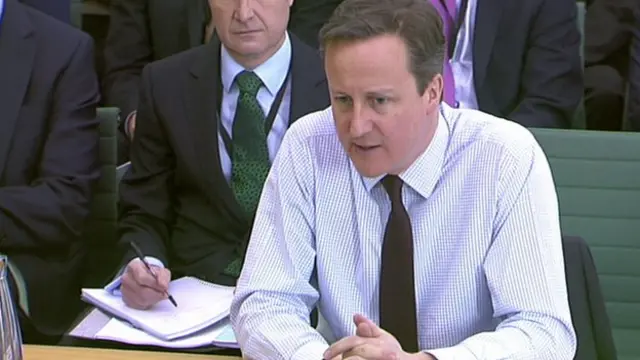Strong relationshipspublished at 17:01 GMT 24 February 2015
 House of Commons
House of Commons
Parliament
Speaking about his dealings with other important figures in government, David Cameron pays tribute to his relationship with Chancellor George Osborne - pointing out strong co-operation between prime minister and chancellor has been rare in recent British history. The prime minister also praises his relationship with the Cabinet Office, saying it has helped government run effectively.


